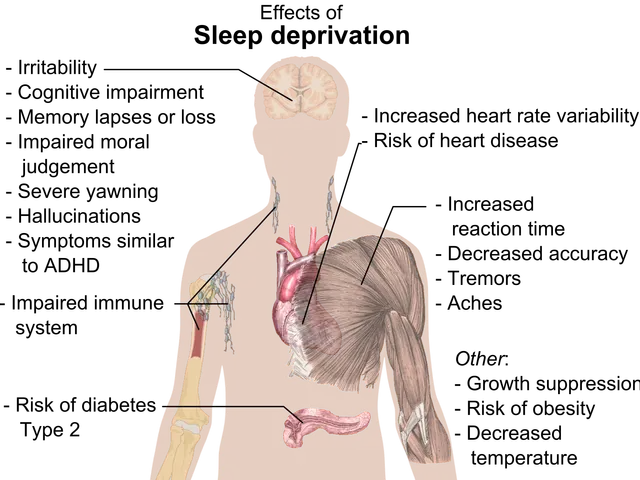Embracing a Nature-Paced Daily Schedule: 8 Strategies to Harmonize with Nature's Daily Pace
Improving Sleep Quality and Overall Well-being: Synchronizing with Your Circadian Rhythm
A well-rested body and mind can significantly improve your quality of life. To achieve this, it's essential to align your daily activities with your internal 24-hour biological clock, known as the circadian rhythm. This rhythm is primarily influenced by light and darkness, and by following a few simple steps, you can ensure a better night's sleep and overall well-being.
Firstly, expose yourself to morning sunlight shortly after waking for 15-20 minutes. This helps signal your body to wake up and sets your internal clock. It's also crucial to maintain consistent sleep and wake times every day, including weekends, to reinforce your body’s rhythm and support regular sleep quality.
In the evening, dim artificial lights and reduce exposure to bright, artificial light to prepare your body for sleep naturally. Timing your meals mindfully is also important, with larger meals earlier in the day and lighter meals in the evening, to align digestive processes with circadian rhythms.
Gradual adjustments are key when aligning your schedule with natural rhythms. Shift sleep and wake times in small increments (15-30 minutes) until you reach your desired routine without stressing your system. If needed, use light therapy lamps or get outside early in the day to help reset your circadian rhythm, especially in less sunny environments.
Engage in calming activities like reading, light stretching, or journaling before bedtime to help wind down. Establish a technology cutoff 60-90 minutes before sleep to reduce blue light exposure and minimize brain stimulation from devices. Stop eating 3-4 hours before bedtime to allow your body to focus on repair during sleep.
Incorporate plants and natural materials like wood and stone to create a grounding environment. Position your most-used seating areas near windows to capture changing light patterns throughout the day. Fresh air circulation supports your body's natural temperature regulation throughout daily cycles.
Opening windows during cooler morning and evening hours allows natural sounds like birdsong to signal time transitions to your brain. During darker winter months, use light therapy boxes to compensate for reduced sunlight exposure.
Maintain a sleep journal to identify consistent patterns that align with your natural chronotype. Make gradual adjustments to meal times, exercise timing, and evening routines based on environmental changes. Create a charging station outside the bedroom for phones, tablets, and laptops.
Small, consistent changes work better than dramatic shifts when aligning your rhythm with natural cues. Schedule detailed administrative work from 11 AM to 2 PM during peak sustained attention. Plan creative tasks between 8 AM and 11 AM when your brain is most alert. Reserve routine tasks for late afternoon when energy naturally dips, allowing for a gentler pace.
By following these tips, you can improve your sleep quality, support overall metabolic, cognitive, and emotional health, and live in harmony with your body's natural rhythms.
A well-rested mind, influenced by a good sleep quality, can contribute to better mental health and general well-being. Incororating fitness-and-exercise, particularly in the early hours of the day, boosts your energy levels and promotes health-and-wellness. To foster a relaxing lifestyle before sleep, engage in mental-health-focused activities like reading, journaling, or light stretching.





